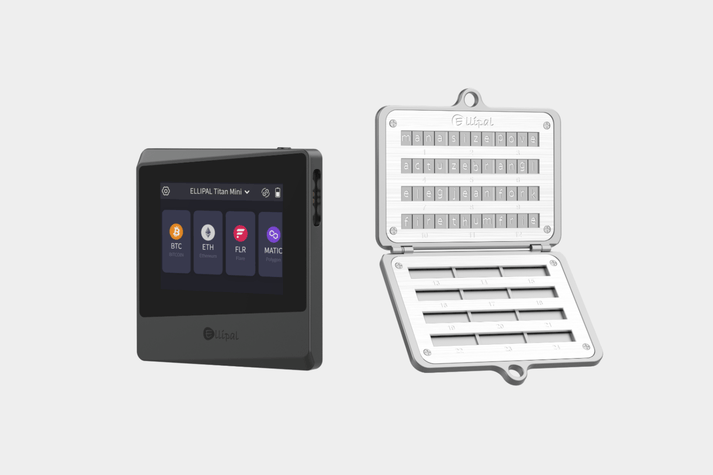The Pros and Cons of Different Types of Cold Wallets for Cryptocurrency Storage
Body
In the world of cryptocurrency, securing your digital assets is paramount. One of the most effective ways to do this is by using a crypto cold wallet. But what exactly is a cold wallet, and what are the different types available? This article aims to provide a deep understanding of the various types of cold wallets and their respective pros and cons.

What is a Crypto Cold Wallet?
A crypto cold wallet is a type of cryptocurrency wallet that is not connected to the internet. This makes it significantly more secure against hacking attempts compared to hot wallets, which are always online. Cold wallets are ideal for long-term storage of large amounts of cryptocurrency.
Types of Cold Wallets
There are several types of cold wallets, each with its own advantages and disadvantages. Let's explore them in detail:
Hardware Wallets
Hardware wallets are physical devices designed to securely store your private keys offline. They are often considered the gold standard for crypto cold wallets.
- Pros: Highly secure, user-friendly, portable.
- Cons: Can be expensive, risk of physical damage or loss.
One popular hardware wallet is the Ledger Nano S. It offers robust security features and supports multiple cryptocurrencies.

Paper Wallets
Paper wallets involve printing your private keys and public addresses on a piece of paper. This method is highly secure as long as the paper is kept safe.
- Pros: Extremely secure, no cost involved.
- Cons: Prone to physical damage, not user-friendly.
"Paper wallets are a great option for those who want to store their cryptocurrency offline without spending money on hardware."
Software Wallets (Cold Storage)
Software wallets can also be used as cold wallets by keeping them on a device that is never connected to the internet. This method combines the convenience of software wallets with the security of cold storage.
- Pros: Convenient, often free.
- Cons: Requires technical knowledge, risk of device failure.
Choosing the Right Cold Wallet
When choosing a crypto cold wallet, consider the following factors:
- Security: How secure is the wallet against hacking and physical damage?
- Cost: What is your budget for securing your cryptocurrency?
- Usability: How easy is it to use the wallet?
For instance, if you prioritize security and are willing to invest, a hardware wallet like the Ledger Nano S might be the best option. On the other hand, if you prefer a cost-effective solution, a paper wallet could be ideal.
Conclusion
In conclusion, a crypto cold wallet is an essential tool for anyone serious about securing their digital assets. Whether you choose a hardware wallet, paper wallet, or software wallet in cold storage, each option has its own set of pros and cons. By understanding these differences, you can make an informed decision that best suits your needs.
For more information, check out this video guide on crypto cold wallets.










Comments